A Basic Defense of Christian Identity, Part 1: Perspectives on the Development of Christianity
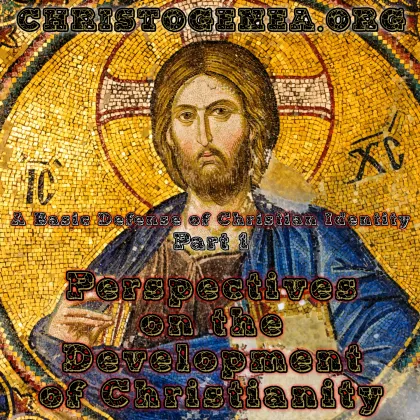
A Basic Defense of Christian Identity, Part 1: Perspectives on the Development of Christianity
I hope to make this an occasional series, in which I can illustrate our many differences with the various denominations, the organized Churches, and the early Christian writers, and explain why our Christian Identity profession is a more precise understanding of the Christian faith. So I will begin by saying that for the past 1800 years, Europeans have only known Christianity through a Jewish filter, in spite of the fact that Christ Himself was completely opposed to the Jews. As Identity Christians, we endeavor to strip away that Jewish filter, and see the world of Christ in accordance with His Word, and in its original cultural and historical context.
The typical response to that assertion the Christ was opposed to the Jews is usually “but Jesus was a Jew”, however we can refute that with historical facts, because it is not true. It is true that Jesus was of Judah, but the people whom we now know as Jews are not of Judah, so it is not just to identity Jesus with them. If that does not matter to you, then race does not matter, and you will forever stay ignorant as to the nature of God’s Creation and His plans for its ultimate future. By the time of Christ, Judaea had become a multi-ethnic Roman province, and the Edomites and other Canaanites, people who had been accursed by God, who dwelt therein had been forcibly converted to Judaism over the fifty from 125 BC through to about 75 BC. This is documented in great detail in the writings of Flavius Josephus, and it is also attested in the works of several Greek writers, the earliest of whom is Strabo of Cappadocia. This is also admitted in modern Jewish literature, in encyclopedias and books from throughout the 19th and 20th centuries, and even in articles found on Wikipedia. The history cannot be denied, but it is generally not taught to Christians, and when they hear it from us, they cannot even process it or realize its consequences.

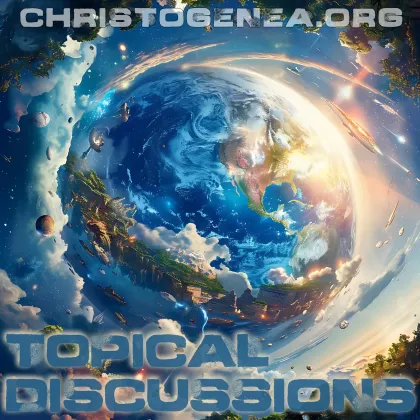
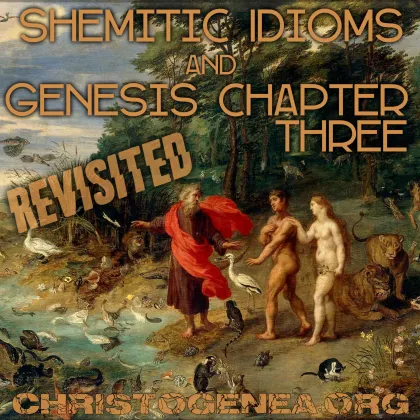
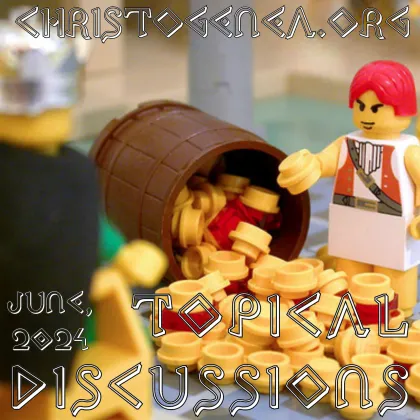

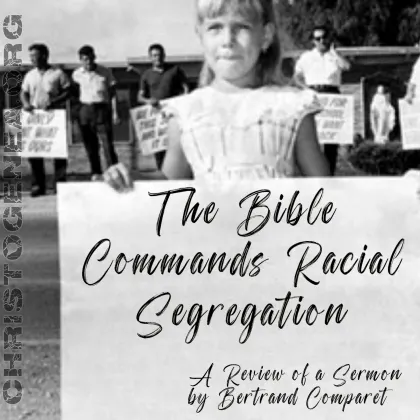
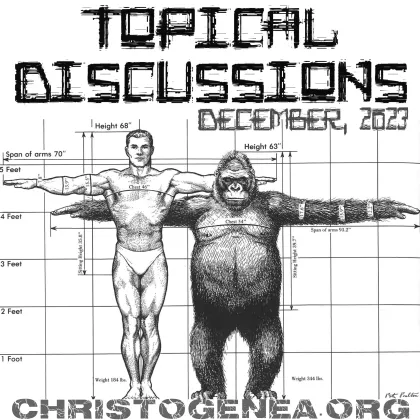

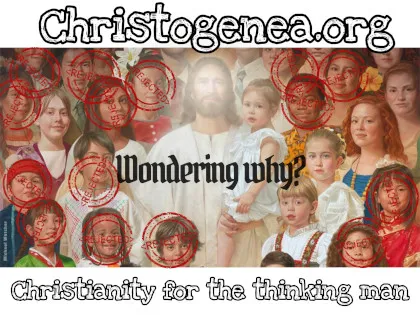

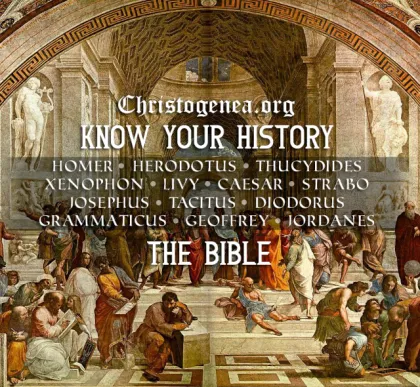
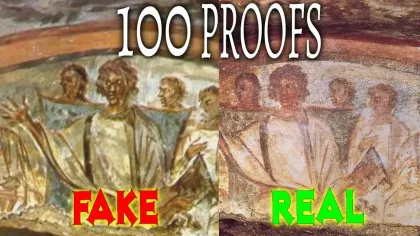

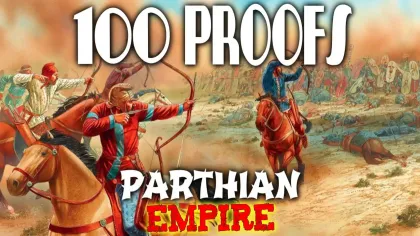
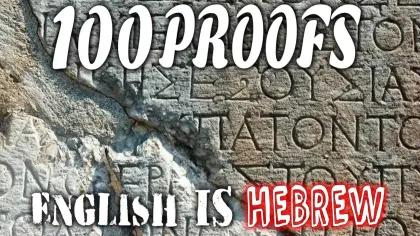



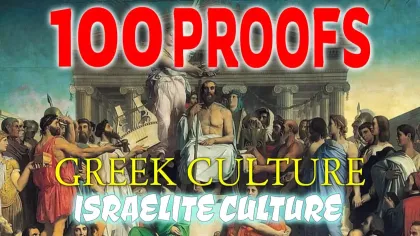




 Please click here for our mailing list sign-up page.
Please click here for our mailing list sign-up page.







